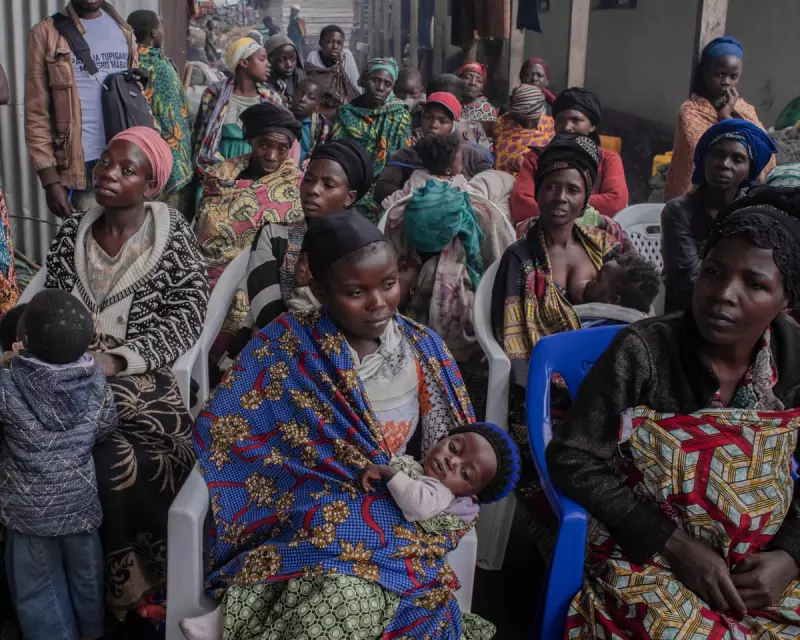
The UK government's decision to slash foreign aid budgets will have dire consequences for children's education and survival in some of the world's poorest countries, according to development experts.
Education Programs at Risk
Critical education initiatives funded by UK aid are facing severe cutbacks, potentially leaving millions of children without access to schooling. Programs that have successfully increased literacy rates and school attendance in developing nations may be forced to scale back or close entirely.
Increased Risk of Child Mortality
Health professionals warn that reductions in aid funding will likely lead to higher death rates among children under five. Vital vaccination programs, nutrition initiatives, and maternal healthcare services are among the areas facing funding shortages.
Long-term Consequences
Development economists highlight that these cuts represent a false economy:
- Every year of education adds approximately 10% to a child's future earnings
- Basic education reduces child mortality rates by up to 50%
- Educated mothers are more likely to ensure their children receive vaccinations
Government Response
While ministers argue these cuts are necessary for domestic budget priorities, critics accuse the government of abandoning its international commitments. The reductions come despite previous promises to maintain aid spending at 0.7% of national income.
The full impact of these aid reductions may not be apparent for years, but experts agree the consequences for vulnerable children will be both immediate and long-lasting.






